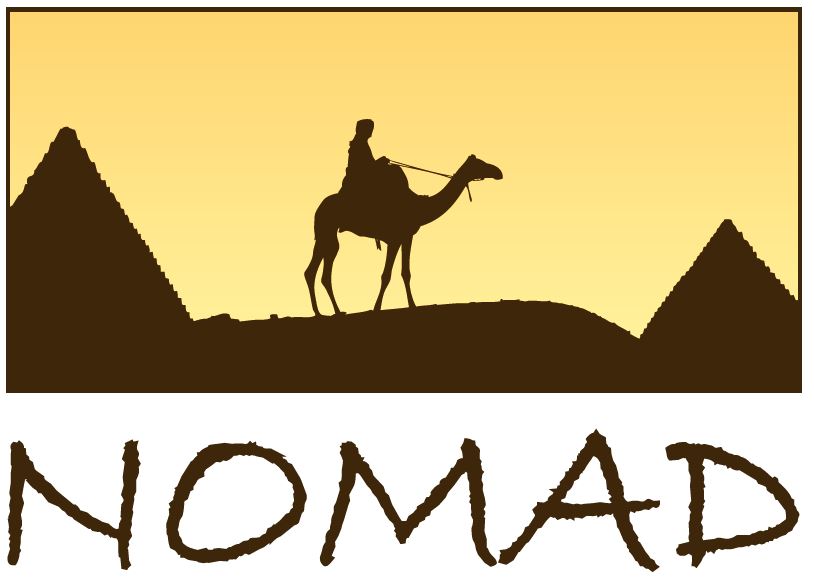NOMADS UAB, Lithuania Published Milestone Research Paper Describing its Pyocin Product Candidates
NOMADS UAB, Lithuania, NOMAD Bioscience’s wholly owned subsidiary, announces the publication in the PLOS One journal (Paškevičius Š, Starkevič U, Misiūnas A, Vitkauskienė A, Gleba Y, Ražanskienė A. Plant expressed pyocins for control of Pseudomonas aeruginosa. PLoS One. 2017 October 3; 1510.1371/journal.pone.0185782) a research paper describing broad and efficient control of major pathogenic strains of Pseudomonas aeruginosa by plant-produced antibacterial proteins Pyocins.
The emergence, persistence and spread of antibiotic-resistant human pathogenic bacteria heralds a growing global health crisis. Drug-resistant strains of gram-negative bacteria, such as Pseudomonas aeruginosa, are especially dangerous and the medical and economic burden they impose underscore the critical need for finding new antimicrobials. This bacterium is one of the six pathogens causing hospital ESKAPE infections, which readily develop resistance to antibiotics. In addition to nosocomial infections, P. aeruginosa is very dangerous for cystic fibrosis sufferers. Recently, WHO published a list of bacteria for which new antibiotics are urgently needed, and carbapenem-resistant Pseudomonas aeruginosa was declared a problem of critical importance. NOMADS scientists investigated Pyocins, non-antibiotic antimicrobial proteins (bacteriocins) produced by certain Pseudomonas strains, as potential pathogen control agents. The results published in PLOS One demonstrate that pyocins are expressed at very high yields in green plants, are fully functional and identical to bacterially produced molecules. Pyocins, including new ones, have been evaluated singly and as mixtures against pathogen strains grown both planktonically and as biofilms. Importantly, pyocins are effective against antibiotic resistant strains of Pseudomonas and against bacteria grown as biofilms. The authors propose that plant-produced pyocins should be considered as a viable alternative to antibiotics for the control of pathogenic P. aeruginosa.
About NOMADS UAB.
Nomads UAB is a biotechnology company developing new non-antibiotic antibacterials, including bacteriocins and endolysins, to be used as pharmaceuticals, food additives and medical devices.
About NOMAD Bioscience GmbH.
Nomad Bioscience GmbH, parent company of NOMADS, is a plant biotechnology company developing transient expression systems with application to a broad range of agricultural and pharmaceutical biotechnology products. Corporate offices are headquartered in Munich, Germany and the Company’s Research division is located in Halle, Germany. NOMAD Bioscience GmbH has two subsidiary companies: Nambawan Biotech GmbH (Halle, Germany) and Nomads UAB (Vilnius, Lithuania).
Contact info: gleba@nomadbioscience.com





